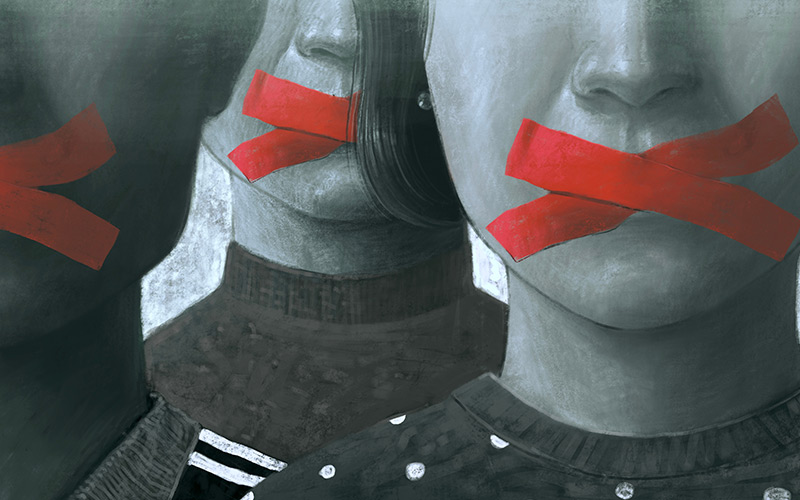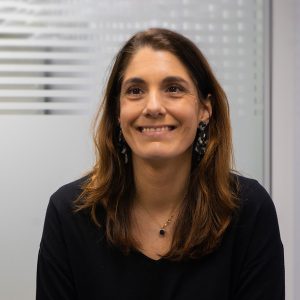
08 Oct FREE SPEECH AND DANGEROUS IDEAS [Speech]
Do we have the right to offend? And do we have the right to not be offended? Should there be a “free marketplace of ideas”, or should ideas deemed too dangerous be kept out of reach? These questions, as basic as they may seem, are at the very core of some of the most heated political, legal, religious and philosophical debates taking place all over the world right now.
This course provides an introduction to Free Speech from a historical, philosophical and legal perspective. It aims to foster a deep understanding of the role and functions of Free Speech in society, and to enable the students to build a personal position with regards to speech-related issues. The first half of the course will be devoted to reviewing the main historical and philosophical milestones behind the ideas of freedom and freedom of speech, in order to question, in the second half of the course, whether they remain relevant in today’s global and digital world.
The course will cover historical events such as the use of propaganda in Nazi Germany, the Civil Rights Movements, or the Arab Spring; as well as current phenomena like hate speech, fake news and disinformation, or the cancel-culture movement. Students will be exposed to primary and secondary journalistic, artistic, legal, musical, literary, political, historical and filmic sources. At the end of the course, they will prove their understanding of Free Speech issues by undertaking a research project about a Free Speech topic of their choice.
María José Ferrari
Professor María José Ferrari received her PhD in Hispanic Cultures from Columbia University, where she specialized in late 19th and early 20th-century Literature and Intellectual History. She received undergraduate degrees in Law from Universidad Complutense de Madrid and Philology from UNED. She has been the recipient of many scholarships and grants to conduct research at institutions in France, Russia, Chile and Spain, and publishes scholarly articles on European Identity and Multilingualism. She has more than 15 years of teaching experience in the US and Spain, and currently serves as Academic Director of IE’s Arts and Humanities Division.

